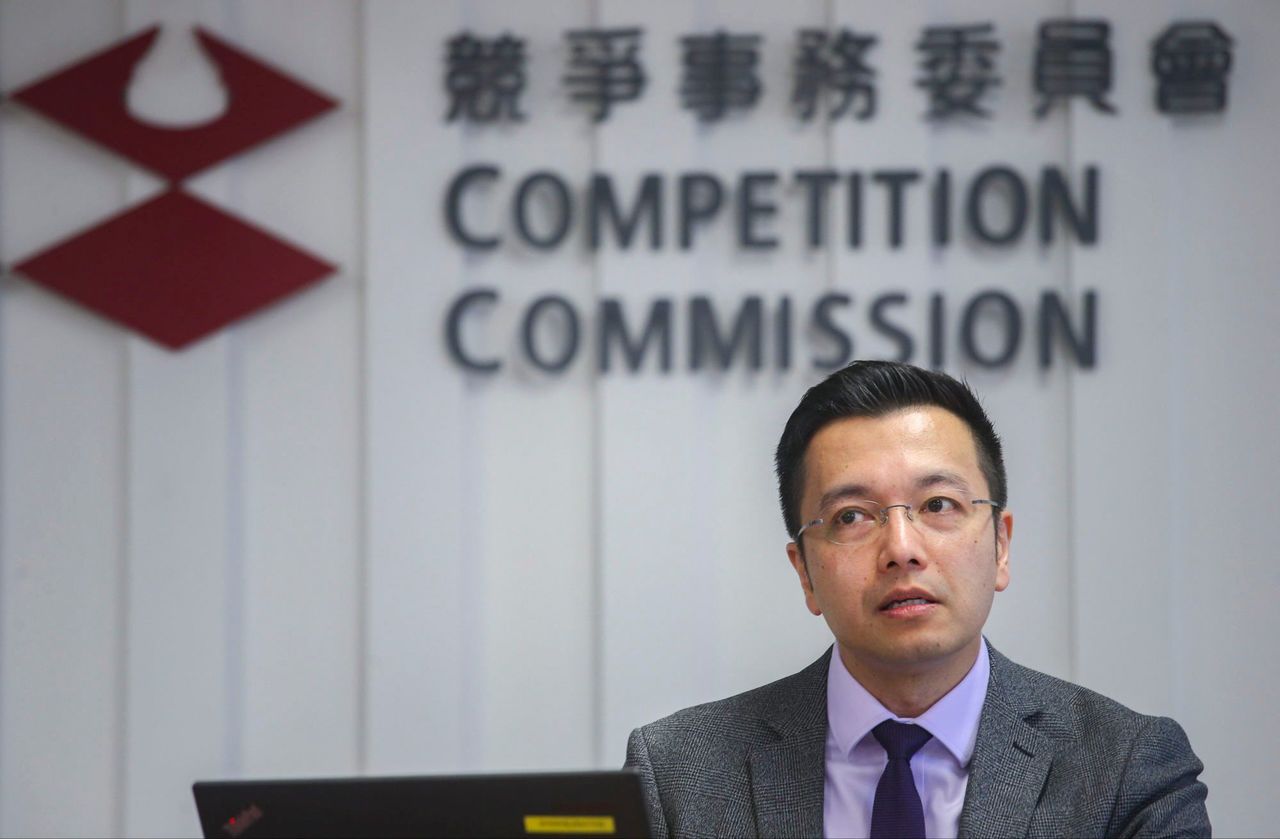Hong Kong News

Group of firms suspected of rigging bids for Hong Kong Covid subsidy scheme
Hong Kong’s antitrust watchdog has started legal proceedings against a group of local companies and individuals accused of manipulating the bidding process of a Covid-19 relief programme.
The Competition Commission on Wednesday outlined how five firms and three individuals engaged in suspected cover bidding, a form of bid-rigging, to secure about HK$13 million (US$1.7 million) in funds from the Distance Business Programme, a subsidy scheme set up under the government’s Anti-Epidemic Fund in May 2020.
The announcement marks the first time the commission has pursued a cartel case related to a government subsidy scheme.
“Government funding and sponsorship provide much needed support and in some cases actual lifelines to businesses,” commission CEO Rasul Butt said. “Any attempt to exploit such efforts needs to be confronted head on.”
The commission said it had reason to believe the four undertakings involving five businesses – KWEK Studio Limited, Multisoft Limited, BP Enterprise Company and Nursing Home Company Limited (BP/Noble), which worked together, and Yat Ying Hong – engaged in cover bidding on 189 applications beginning in May 2020.
Cover bidding refers to parties agreeing among themselves that some will submit bids with higher, unattractive prices than those of their designated winner.
The commission said it had filed the case to the Competition Tribunal to seek financial penalties against those involved, including Au Yeung Kit-yee, who traded as Yat Ying Hong, Fan Sing-chi, a representative of BP/Noble and Yat Ying Hong, and KWEK director Tang Wai-chun, who also faces a disqualification order.
The commission said Fan and Au Yeung were husband and wife, and that the couple and Tang were friends.
 Competition Commission CEO Rasul Butt.
Competition Commission CEO Rasul Butt.
The commission also said it had reason to believe criminal elements were involved, including forgery and providing false or misleading documents or information. The case has been referred to police for a criminal investigation.
The watchdog began its investigation after the administrator of the Distance Business Programme, the Hong Kong Productivity Council, notified it in June 2020 about complaints it was receiving related to the funding scheme.
The programme was set up to help businesses adopt IT solutions so they could maintain their operations during the pandemic. Applications were open between May 2020 and October 2020, with funding capped at HK$100,000 per application.
After analysing all 14,000 applications that had been submitted at that time, the commission identified a series of suspicious patterns involving the four parties.
It noted how in the 189 bids involving the four parties, neither KWEK nor Multisoft would ever win. Yat Hing Hong won 60 per cent of the applications, with BP/Noble securing the rest.
Other issues included identical signatures appearing across each company’s documents and the use of similar wording used across each company’s submissions.
Asked whether the commission would look into the 24,000 other applications submitted to the programme after June 2020, Vincent Wong, head of investigations, said it was ready to do so if it was deemed necessary.
Parties found to have run afoul of the Competition Ordinance face a pecuniary penalty of up to 10 per cent of their total turnover in Hong Kong over a maximum of three years.
Separately, police on Wednesday arrested 19 people on suspicion of swindling HK$49 million from a government-backed pandemic relief scheme through bank loans.
The alleged fraud involved 11 companies which submitted 12 loan applications with bogus documents to banks under the SME Financing Guarantee Scheme, aimed at helping small and medium-sized enterprises affected by the pandemic, the force said.
Senior Inspector Lau Mei-tung of the commercial crime bureau said nine of the applications were approved with HK$49 million involved in total.
After the money was deposited into the bank accounts of the companies involved, the funds were then transferred into the personal accounts of scammers or withdrawn in cash in a short period, but not used in the operations of the firms, she said.
She said fraudsters used bogus financial reports and falsified payroll records to apply for the loans and exaggerated wages of some staff to obtain higher amounts.
“The investigation suggested the companies hired their employees involved just before submitting the loan applications. These staff members were even hired on the same day,” Lau said.
She said most of the firms involved were shell companies and did not have actual businesses.











